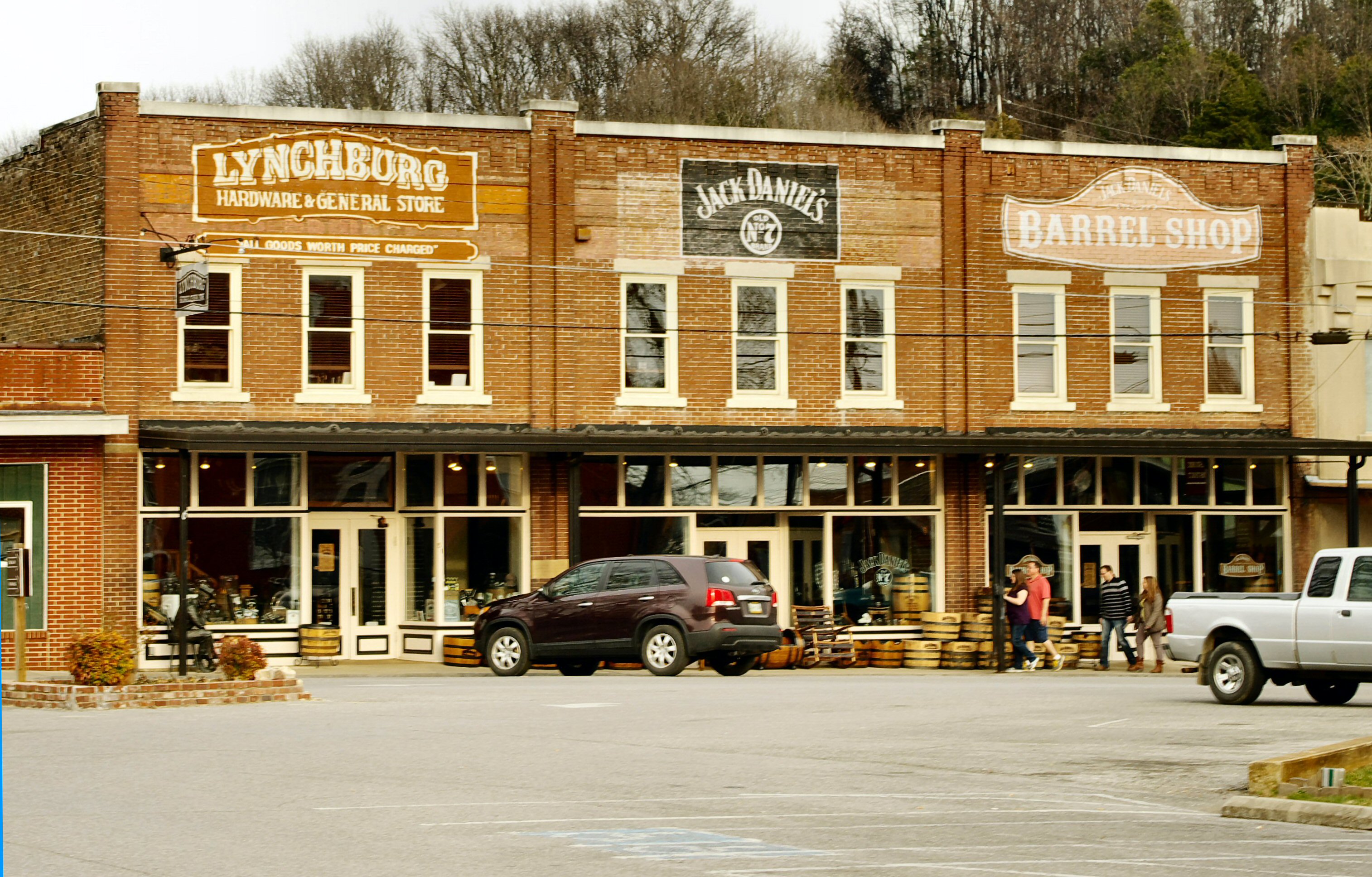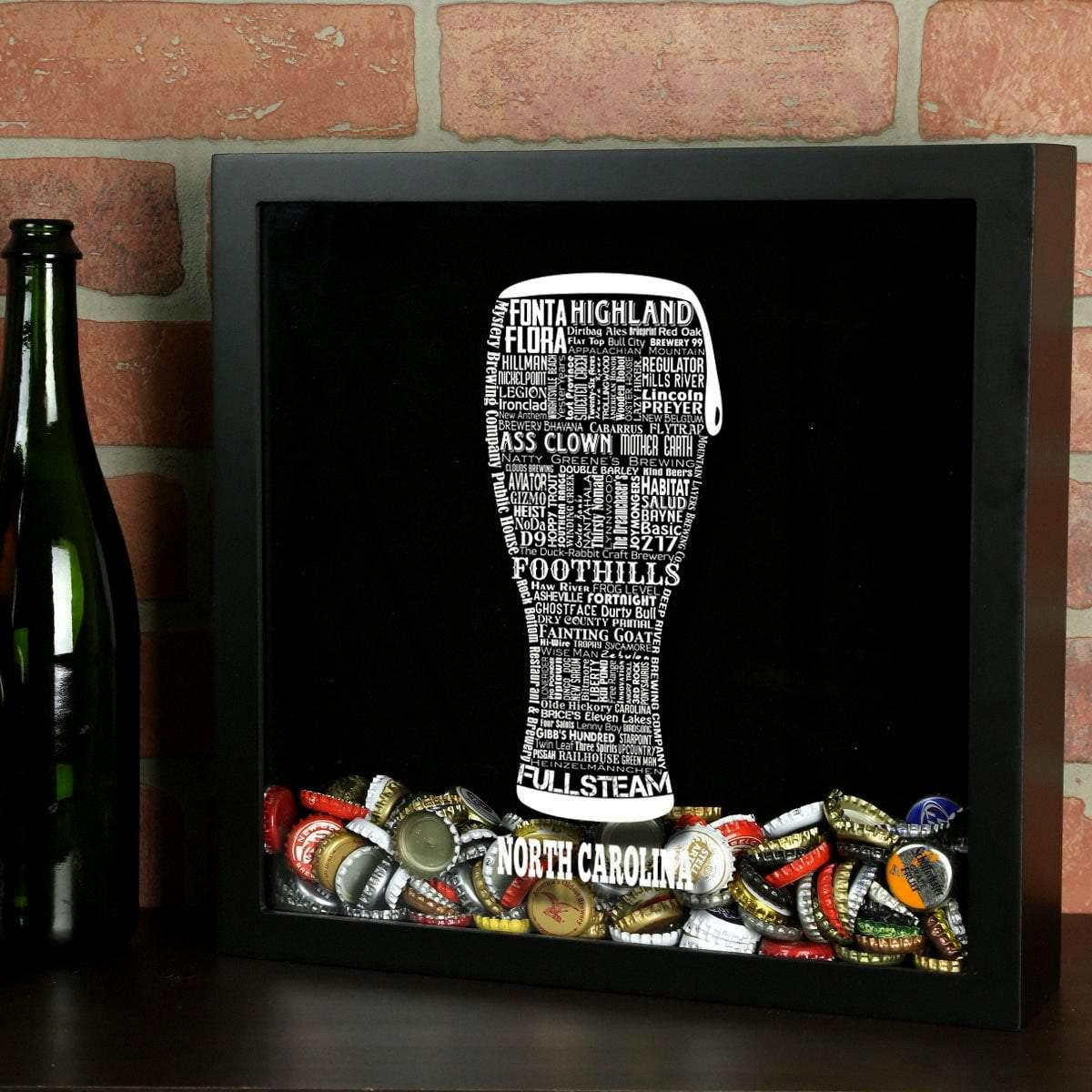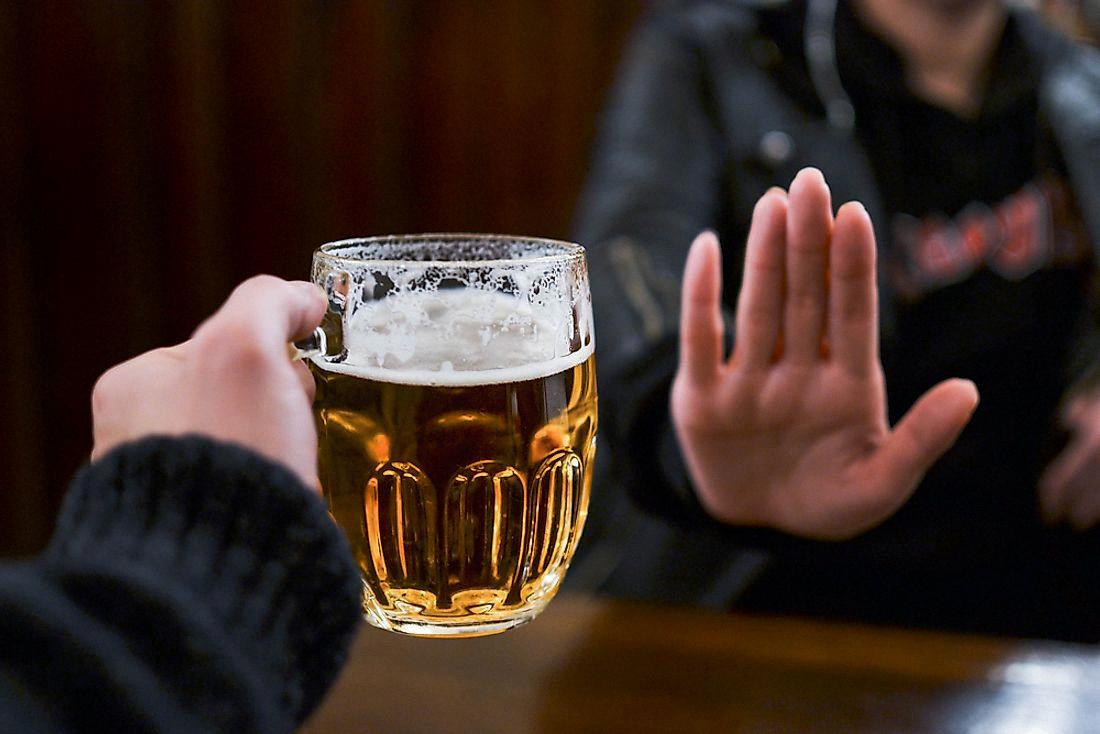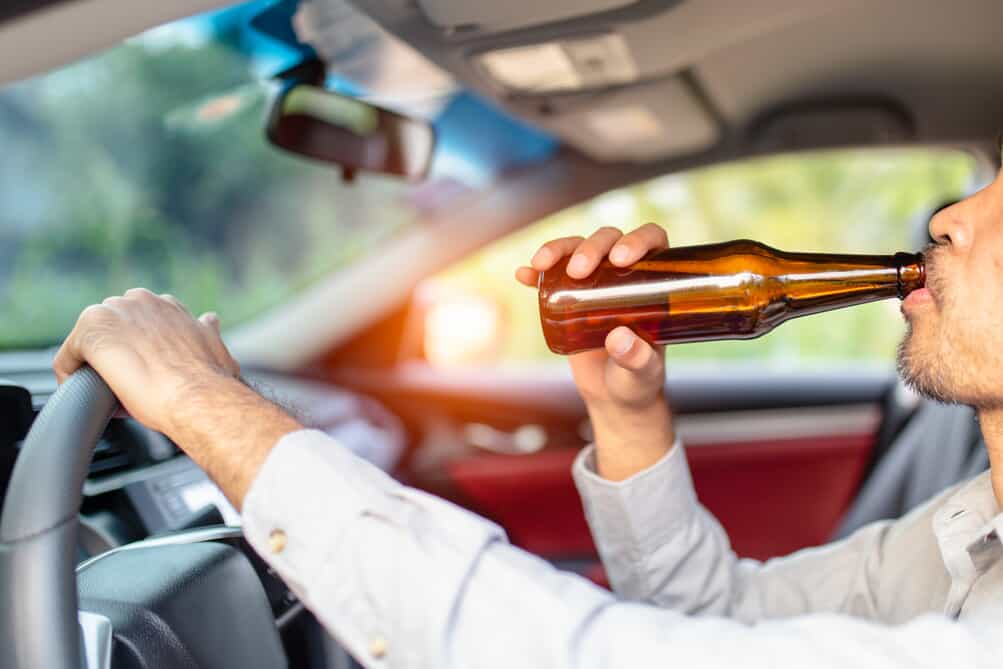Dry counties in Tennessee are a unique aspect of the state’s cultural and legal landscape. In 14 counties across Tennessee, the sale of wine and spirits is prohibited by default, making them “dry” counties. This means that residents and visitors cannot purchase alcohol from stores or restaurants within the county, and that businesses cannot sell or serve alcohol without obtaining a special permit.
The origins of dry counties in Tennessee can be traced back to the early 20th century, when the temperance movement gained momentum across the United States. Proponents of the movement believed that alcohol consumption was a major social problem that contributed to crime, poverty, and other societal ills. As a result, many states and counties implemented laws that restricted or prohibited the sale and consumption of alcohol.
Today, Tennessee remains one of the states with the highest number of dry counties in the country. Some of the most well-known dry counties in Tennessee include Sevier County, where the cities of Pigeon Forge, Sevierville, and Gatlinburg are located, as well as Moore County, where the famous Jack Daniel’s distillery is located.
Despite the prevalence of dry counties in Tennessee, there are some exceptions to the rule. In some cases, cities within dry counties are allowed to sell or serve alcohol with special permits. For example, Sevier County technically qualifies as a “dry” county, but it alows for the sale and service of liquor and/or beer within its cities. This means that visitors to popular tourist destinations like Gatlinburg can still enjoy a drink with their meals at local restaurants and bars.
Additionally, some dry counties in Tennessee allow for the sale of alcohol under certain circumstances. For example, Lynchburg, which is located in a dry county, allows for alcohol made on site to be sold on site. This means that visitors to the Jack Daniel’s distillery can purchase bottles of whiskey to take home, but they cannot consume alcohol at local restaurants or bars.
The morality and effectiveness of dry counties in Tennessee (and across the country) are still debated today. Some argue that they help to reduce alcohol-related problems like drunk driving and domestic violence, while others contend that they are outdated and unnecessary restrictions on personal freedoms. Regardless of one’s stance on the issue, it’s clear that dry counties will continue to be a unique aspect of Tennessee’s cultural and legal landscape for the foreseeable future.
Number of Dry Counties in Tennessee
As of 2021, there are currently 39 dry counties in Tennessee. In these counties, the sale of alcoholic beverages is either prohibited or tightly regulated, with some allowing the sale of beer and wine but not spirits. However, it is important to note that some of these counties may have individual municipalities or cities within them that have opted to allow the sale of alcohol, so the rules and regulations can vary within each county.

Is Gatlinburg, Tennessee a Dry County?
Gatlinburg is located in Sevier County, TN, which is technically a “dry county.” This means that the sale and service of liquor and/or beer are restricted in the county. However, there is a city option available for the sale and service of liquor and/or beer within the city limits of Pigeon Forge, Sevierville, and Gatlinburg, which allows them to operate under state law. Therefore, while Sevier County is a dry county, the city option allows Gatlinburg to offer alcoholic beverages to visitors and residents within city limits.
The State with the Most Dry Counties
Arkansas has the most dry counties in the United States. Out of the 75 counties in the state, 34 of them are dry. This means that the sale of alcohol is prohibited in these counties. The reasons for the existence of dry counties vary, but often they are a result of historical or cultural factors, religious beliefs, or concerns abot public safety. Some people argue that dry counties can help to reduce alcohol-related harm, while others believe that they are ineffective and can lead to increased rates of illegal alcohol sales and consumption. Despite these debates, dry counties continue to exist in many parts of the United States, with Arkansas having the highest number of them.
Can You Drink Alcohol in Lynchburg, Tennessee?
You can drink alcohol in Lynchburg, Tennessee. However, it is important to note that Lynchburg is located in a dry county, which means that the sale of alcohol in stores and restaurants is prohibited. Despite this, the law allos for alcohol made on site to be sold on site, which means that Lynchburg’s famous Jack Daniel’s Distillery is able to sell its whiskey to visitors. Additionally, there are a few wineries in the area that are able to sell wine made on site. So while you may not be able to purchase alcohol at a local store or restaurant, you can still enjoy a drink or two while visiting Lynchburg’s attractions.
Drinking Alcohol in Dry Counties in Tennessee
In a dry county in Tennessee, the sale and in some cases, the possession of alcoholic beverages is prohibited or restricted. This means that it is illegal to purchase alcohol in these counties, and therefore consumption of alcohol is also prohibited. Tennessee has nine completely dry counties where the sale of alcohol is completely prohibited. In other counties, alcohol sales may be restricted to certin areas or times, or may only be sold in state-run liquor stores. It is important to note that violating these laws can result in fines and even jail time, so it is important to be aware of the laws in the county you are visiting or residing in.

Source: torchedproducts.com
Living on the Water in Tennessee
Tennessee offers several lakefront communities where residents can enjoy living on the water. Fairfield Glade in Crossville, TN is a popular community with several lakes including Lake Dartmoor, Lake St. George, and Lake Glastowbury. Rarity Bay in Vonore, TN is another lakefront community that sits on the shores of Tellico Lake and offers beautiful views and water access to residents. Tellico Village in Loudon, TN is also located on Tellico Lake and provies a range of amenities such as a yacht club, marina, and golf courses. WindRiver in Lenoir City, TN is a gated community set on the banks of Tellico Lake with a private marina, golf course, and clubhouse. These lakefront communities in Tennessee offer residents the opportunity to live on the water and enjoy the beautiful scenery and recreational activities that come with lakefront living.
The Absence of Alcohol in Pigeon Forge
Pigeon Forge, along with Sevierville and Gatlinburg, are located in Sevier County which is technically a dry county. This means that the sale and consumption of alcohol is prohibited in the county. However, Sevierville, being a city wthin the county, has the option to allow the sale and service of liquor and/or beer in accordance with state law. Thus, Sevierville restaurants may serve liquor by the drink and sell beer, while Pigeon Forge and Gatlinburg remain dry. The decision to remain dry is often influenced by the religious and conservative values of the community, as well as concerns about the negative impact of alcohol on tourism and public safety. It is important to note that while the sale and consumption of alcohol may be restricted in some areas, there are still many recreational activities and attractions available in Pigeon Forge for visitors to enjoy.
Areas of Tennessee That Are Dry
In Tennessee, there are several counties and cities that are considered “dry”, meaning the sale of alcohol is prohibited within their borders. These areas typically have strict laws and regulations regarding the possession, sale, and consumption of alcohol.
Some of the dry counties in Tennessee include Moore County, where the Jack Daniel’s distillery is located, as well as Clay County, Hancock County, Houston County, and Pickett County. In addition, there are several cities that are dry, including Gatlinburg and Pigeon Forge.
It is important to note that while these areas prohibit the sale of alcohol, possession and consumption of alcohol is legal for those over the age of 21. It is also worth noting that some of these areas may have exceptions for cetain establishments, such as restaurants or hotels, to serve alcohol with proper licensing.
Can You Purchase Alcohol on Sundays in Tennessee?
You can buy alcohol on Sundays in Tennessee. A law has been passed that allows liquor stores to sell alcohol on Sundays between the hours of 10 a.m. and 11 p.m. However, it is important to note that alcohol cannot be sold on Christmas, Thanksgiving, and Easter. Additionally, liquor stores in Tennessee are required by state law to “mark up” the price of spirits by 10%.

Source: worldatlas.com
The Reason Behind Tennessee’s Status as a Dry State
Tennessee is considered a dry state due to its history of enacting and enforcing prohibition laws. The state first passed a prohibition law in 1838 that prevented the sale of alcohol in taverns and stores. This was part of the temperance movement that gained popularity over time. In 1909, wider prohibition laws were enacted in the state, which led to a complete ban on the sale of alcohol. However, this law was repealed in 1933 after the end of the Prohibition era in the United States. Today, Tennessee still has strict laws regarding the sale of alcohol, with many counties and cities being dry or partially dry. This means that the sale of alcohol is prohibited or restricted in thee areas. the history of prohibition in Tennessee and its continued enforcement of strict alcohol laws have contributed to its reputation as a dry state.
The State with the Strictest Alcohol Laws
Pennsylvania, Utah, and North Carolina are the three states in the United States with the strictest alcohol laws. These states have a range of regulations that limit the availability and consumption of alcoholic beverages. For example, in North Carolina, it is prohibited to offer drink specials such as “buy one, get one free” or “all you can drink” promotions. In Utah, the legal blood alcohol limit for driving is 0.05%, which is lower than the national average of 0.08%. Additionally, Utah requires all alcohol to be sold in state-run stores and prohibits the sale of beer with an alcohol content higher than 5%. Pennsylvania also has state-run liquor stores, and it is illegal to purchase alcohol on Sundays or after 9 pm. These strict regulations are intended to promote responsible drinking and prevent alcohol-related accidents and injuries.
Can You Purchase Alcohol in Tennessee?
You can buy alcohol in Tennessee. However, the sale of alcohol varies by establishment and time of day. Grocery stores, convenience stores, and gas stations are allowed to sell beer from 8:00 a.m. to 11 p.m. every day of the week. They are also allowed to sell wine, excpt on Sundays. Liquor or package stores have a wider range of options as they are allowed to sell beer, wine and distilled spirits. It is important to note that the sale of alcohol to minors is strictly prohibited and can result in fines and legal consequences for both the seller and the minor.
Drinking While Riding in a Car in Tennessee
According to Tennessee law, it is legal for a passenger to consume alcohol wile riding in a car. However, it is important to note that the driver of the vehicle is not allowed to consume alcohol while driving, and any open container of alcohol must be stored in a location that is not easily accessible to the driver, such as the trunk of the car. This is known as the “Open Container” law, which only applies to the driver of the vehicle. Therefore, if you are a passenger in a car in Tennessee, you are legally allowed to drink alcohol, but the driver must remain sober and any open containers must be stored in a safe and secure location.

Drinking Alcohol on a Porch in Tennessee
In Tennessee, it is legal for individuals of legal drinking age to consume alcohol on their own private property, including their porch. However, it is important to note that being visibly intoxicated in public, even on your own porch, can result in charges of Public Intoxication. In a case where a person is charged with Public Intoxication on their own property, the court will consider various factors, including the individual’s behavior and the potential impact their intoxication may have on the community. Therefore, wile it is legal to drink on your porch in Tennessee, it is important to be mindful of your behavior and the potential consequences of being visibly intoxicated in public.
Can You Legally Walk in Public with Alcohol in Nashville?
In Nashville, it is legal to walk in public with alcohol as long as it is not in an opened glass, aluminum or metal container in an area generally open to the public, unless the premises is licensed for on-premises consumption. This means that carrying alcohol in paper or plastic cups is permitted. However, it is important to note that public intoxication is still illegal in Nashville and can result in a citation or arrest. It is also important to respect private property and not consume alcohol without the owner’s permission. It is always best to consume alcohol responsibly and witin the confines of the law.
Conclusion
Dry counties in Tennessee are still present in various areas, with 14 counties prohibiting the sale of wines and spirits by default. However, some cities within these counties, such as Pigeon Forge, Sevierville, and Gatlinburg, have the option to sell and serve liquor and beer as permitted by state law. The idea of dry counties and their effectiveness in promoting morality is debatable, especially given the prevalence of drunk driving incidents. While Lynchburg is also located in a dry county, laws alow for the sale of alcohol produced on-site, such as at the local winery. the presence of dry counties in Tennessee and other states raises questions about the impact of alcohol regulations on local economies and cultural practices.
